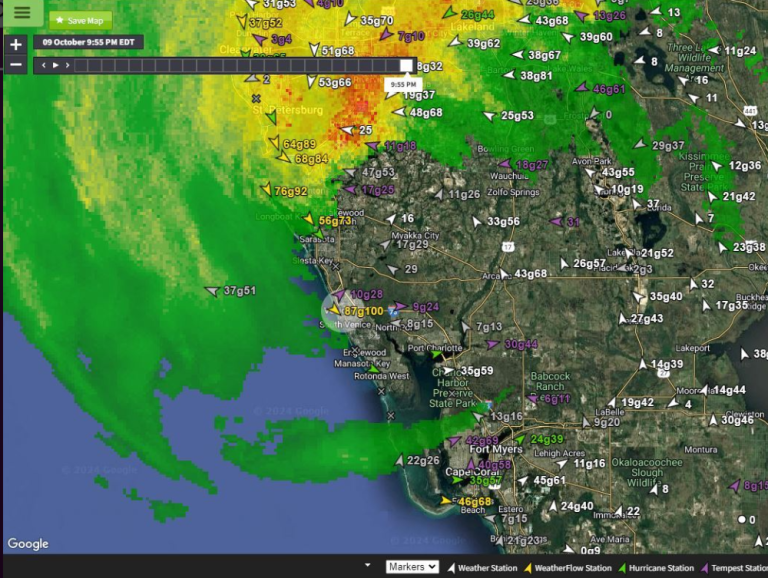By: Meteorologist Kerry Challoner Anderson
“I can say this without exaggeration: If you choose to stay in one of these evacuation zones, you will die.” That was the message from Tampa Maj. Jane Custer as Hurricane Milton hit. city. With Milton now in the rearview mirror, that statement has proven to be an overly dramatic statement. People did stay and didn't die. I cringe when I hear this dire warning because although it is only meant to protect life, the message is inaccurate.
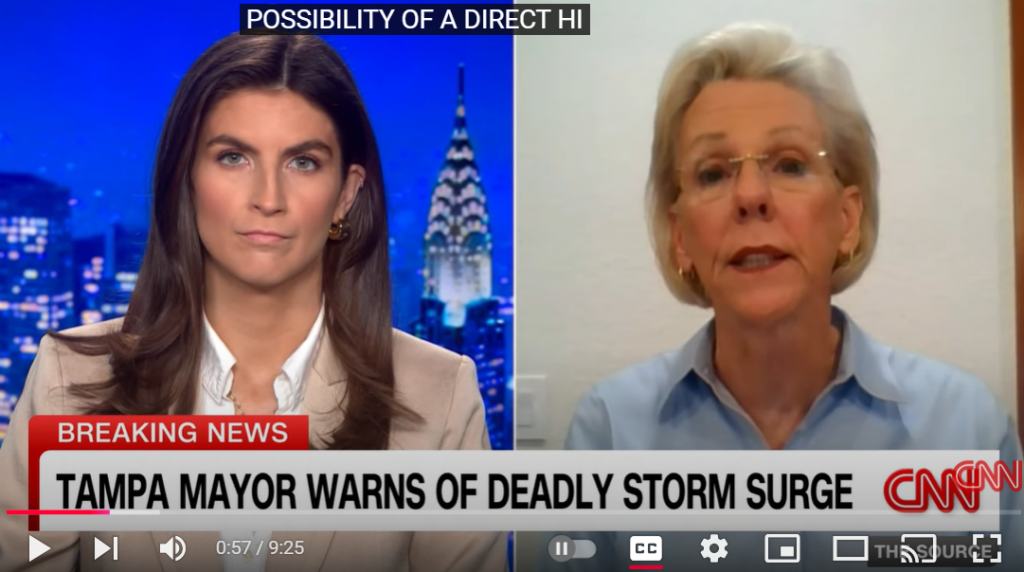
I've been a meteorologist since the 1980s, and I've issued my fair share of warnings. This is part of the job. It's gut-wrenching to tell a city that everyone should close their businesses and go home to shelter from the storm, only to sit and wait and hope that it comes to pass. If so, you're a hero, if not, you're laughed at. If a building is destroyed and someone dies, people are more likely to listen next time, but if nothing damaging happens, people are less likely to heed the warning next time. As you can imagine, the story of “crying wolf” is a household name in the meteorological community.
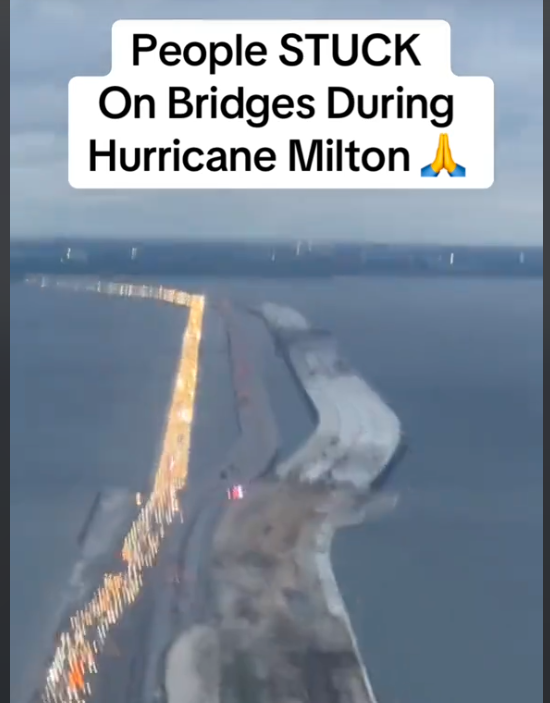
Meteorologists are the first to admit that science is inexact, despite the incredible advances it has made in the decades since I began. Our models are getting more and more accurate, and I was surprised to see that the forecast 5 days out was able to pinpoint the landfall point. However, our model still has too much data and too many variables to accurately predict every location. Therefore, we recognize that when we experience a major storm, we must issue widespread and strong warnings in the hope that everyone will have the opportunity to take shelter and save lives and property. So that means we're over-warning.
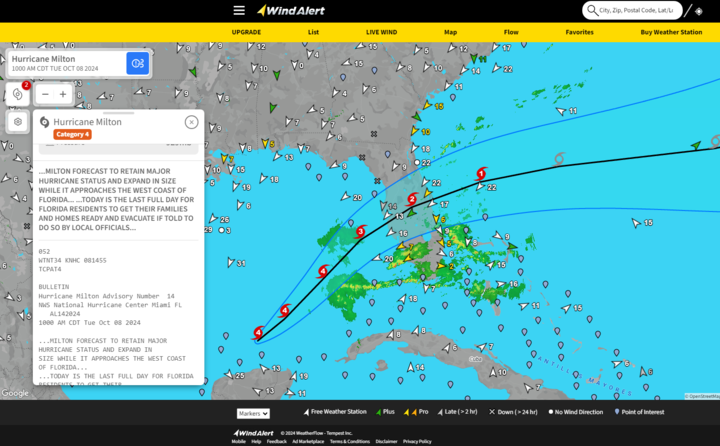
I have listened to many debates within the meteorological community about how to balance the need for warnings while avoiding over-warning and causing fatigue. Now I'm visiting family in Oklahoma, and at the bus stop I'm talking to a nearby parent. They told me that when a tornado siren went off, they would grab a bottle of soda, go out to the patio and watch. None of these people had ever been in a tornado, so they took the warnings lightly.
But let’s get back to Milton. Put yourself in the shoes of emergency managers. Milton quickly stepped up. With a minimum central pressure of 897 millibars, it became the fifth strongest Atlantic hurricane on record. You will need 2-3 days to evacuate everyone in the area. When did you call to leave? If you wait too long, people may get into a gridlock, with everyone trying to leave at the same time.
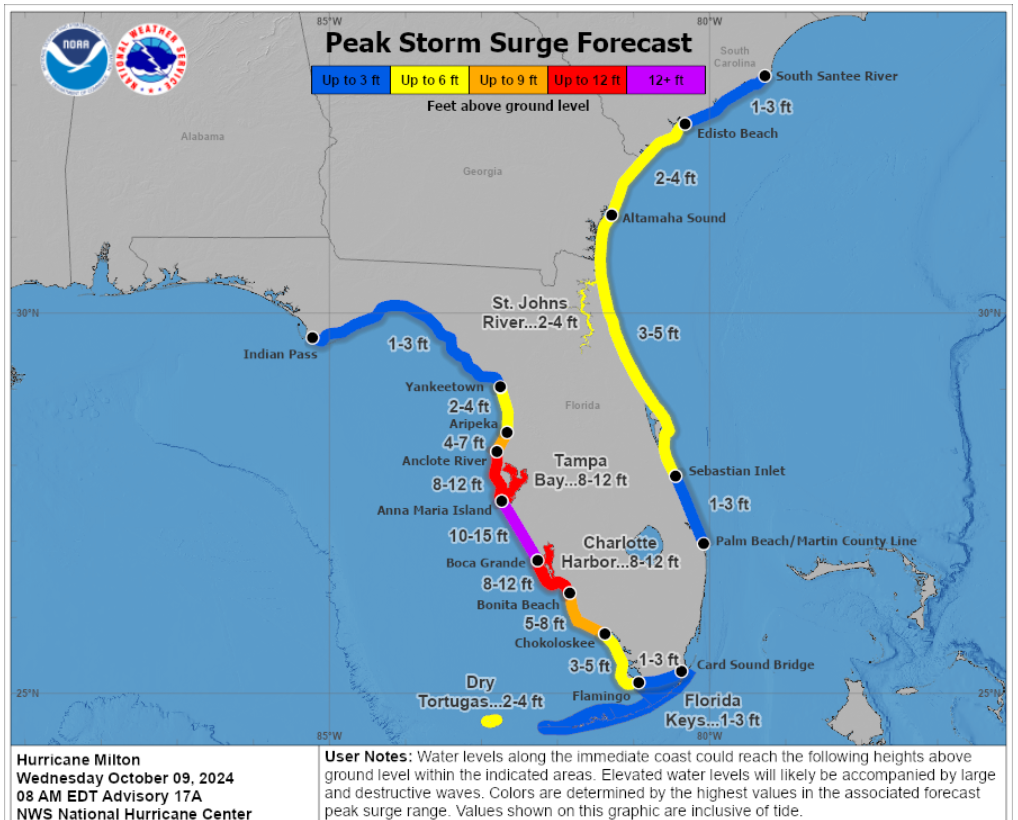
Milton didn't perform as expected. In the final 12 hours before hitting Florida, the storm encountered a patch of shear and dry air, causing the storm to tilt. As a result, the storm's right front quadrant weakened, and storm surge in the Tampa area was less severe than expected. However, the storm was indeed powerful and deadly. The storm caused strong winds, flooding and tornadoes that killed 25 people.
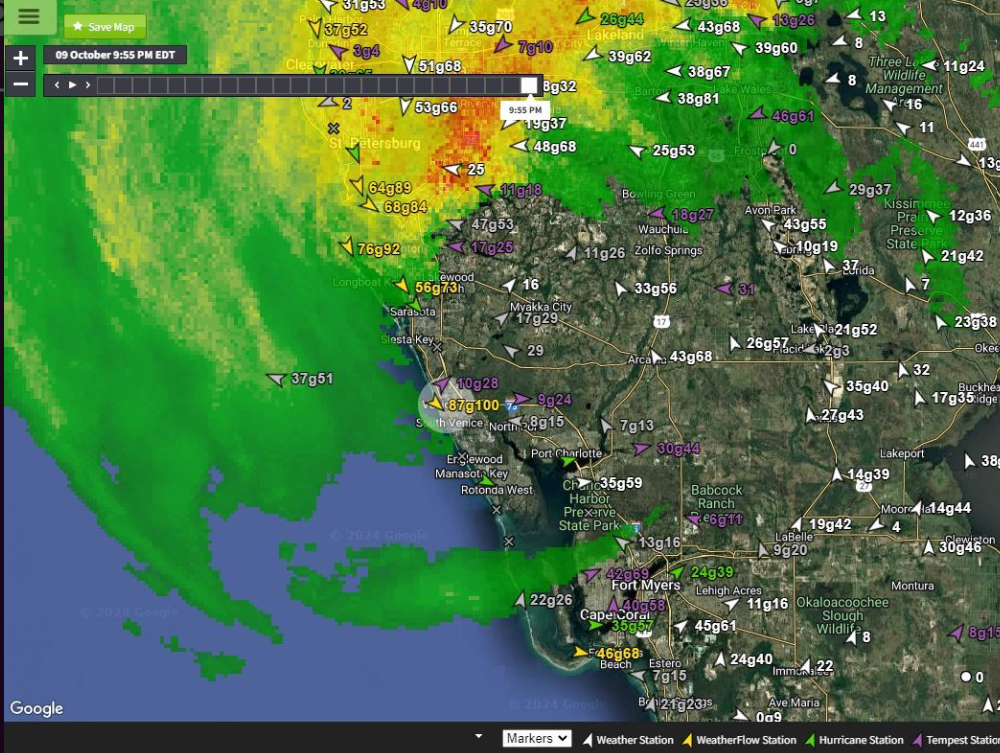
So did emergency managers make the right decision? Some will say yes, some won't. Some people go home and find everything is fine and may not evacuate next time. But many others returned to find their homes flooded, grateful to be able to ride out the storm from a safe distance. Meteorology is an inexact science and we can't possibly get all the right warnings, but heeding them could be the difference between life and death.
Post warning! warn! First appeared on Blog.WeatherFlow.com.
